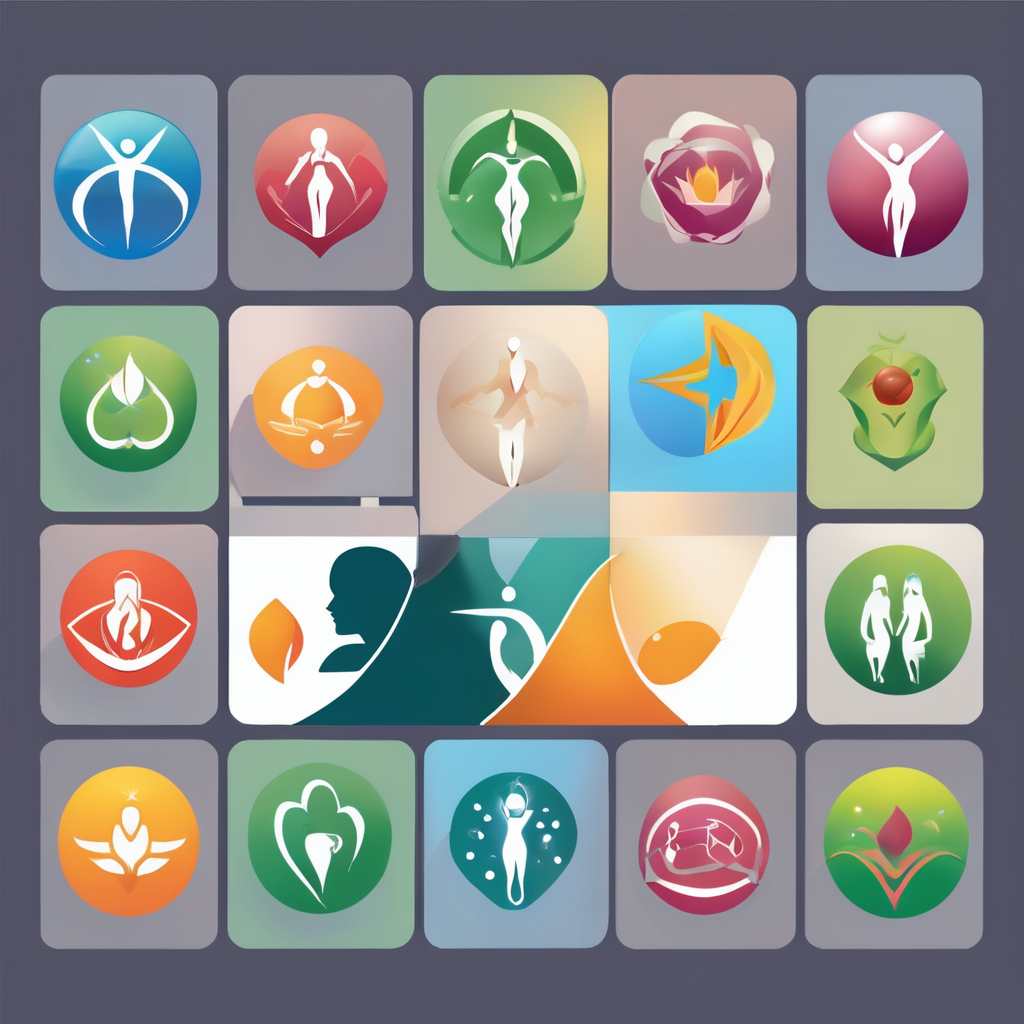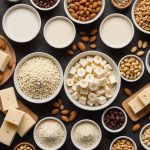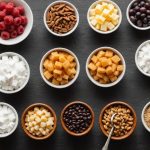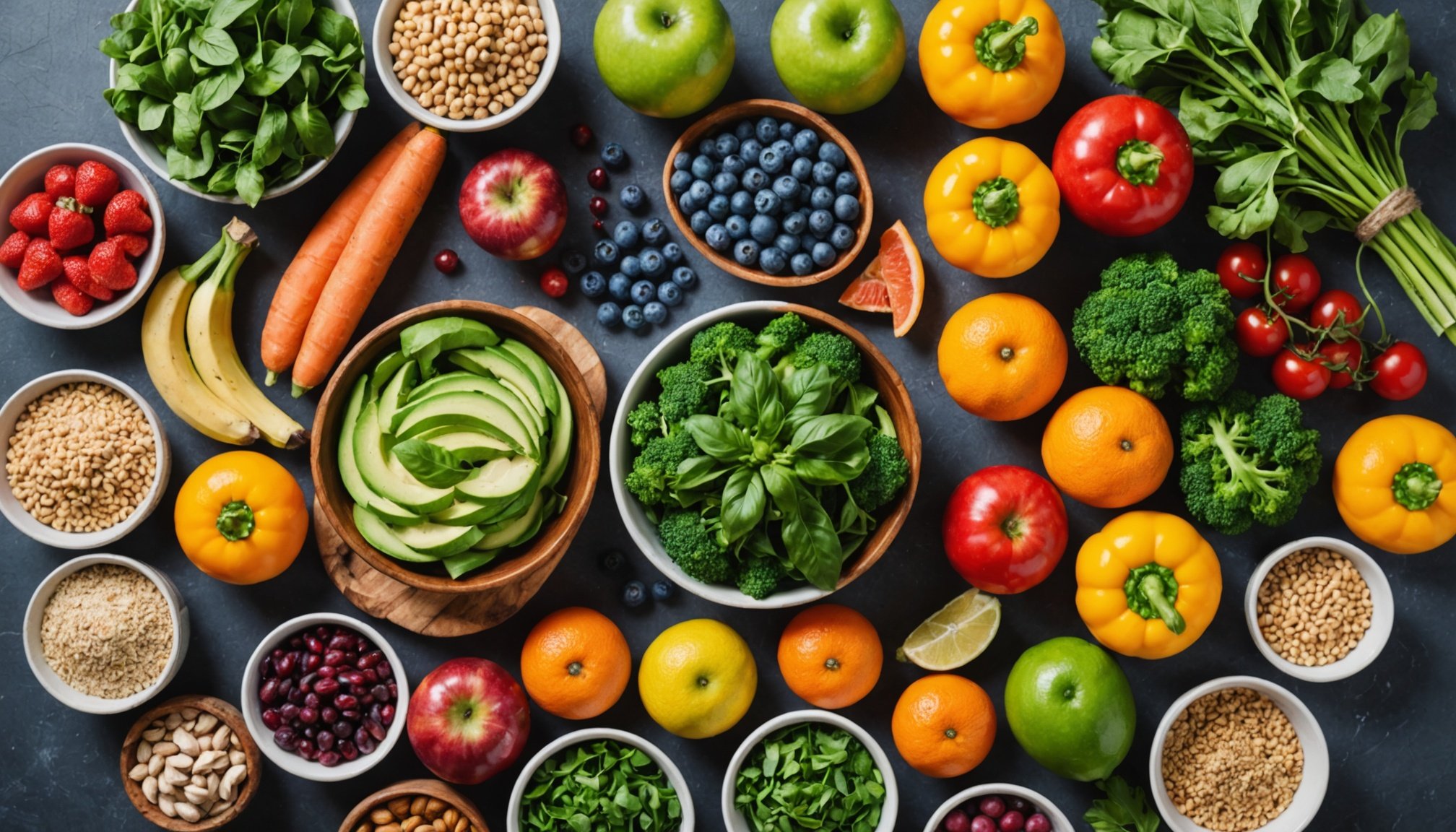Understanding Vegan Nutrition During Pregnancy
Incorporating vegan pregnancy nutrition principles is vital for a healthy pregnancy. An overview of essential nutrients showcases the key elements needed to support both mother and baby. Balanced diets are crucial during this phase, ensuring adequate intake of all necessary vitamins and minerals.
Essential Nutrients for Vegan Mothers
Vegan pregnancy nutrition emphasizes consuming diverse plant-based foods to meet dietary requirements. Vital nutrients for vegan pregnancy include protein, iron, calcium, Vitamin B12, and Omega-3 fatty acids. Understanding the right combinations and sources helps in achieving a complete nutritional profile.
Additional reading : Navigating twin pregnancy ultrasound frequency recommendations in the uk: essential insights you shouldn”t miss
Protein Sources
Key plant-based proteins for pregnancy can be found in:
- Lentils
- Chickpeas
- Quinoa
Combining foods like rice and beans or hummus and whole-grain pita can establish complete proteins. It’s important for expecting mothers to meet daily protein requirements of about 70 grams.
Iron and Calcium
Iron supports increased blood volume, and calcium strengthens bones. For vegan pregnancy nutrition, sources include fortified cereals, spinach, and tofu for iron, and almonds, and tahini for calcium. Enhance absorption by pairing with Vitamin C-rich foods like oranges.
Vitamin B12 and Omega-3 Fatty Acids
The roles of Vitamin B12 and Omega-3 fatty acids are pivotal in supporting prenatal health. Unfortunately, these nutrients are often overlooked in vegan pregnancy nutrition. Vitamin B12 is crucial for the development of the baby’s nervous system and the production of red blood cells. While naturally found in animal products, vegan sources include fortified cereals, nutritional yeast, and plant-based milk. B12 supplements are also recommended to ensure adequate intake. Consulting with a healthcare provider about supplementation is advisable to meet daily requirements.
Similarly, Omega-3 fatty acids, particularly DHA, contribute to the baby’s brain and eye development. Typically derived from fish, vegan sources include chia seeds, flaxseeds, and algae-based supplements. Incorporating these into the diet provides the necessary fatty acids. Pregnant women may consider Omega-3 supplements derived from algae to ensure sufficiency.
For a balanced and holistic approach, understanding these nutrients’ roles highlights the importance of intentional meal planning in a vegan diet. This ensures both mother and baby receive comprehensive nutrition during pregnancy. Always prioritize specialized supplements in consultation with a healthcare provider to fill any potential gaps.
UK Dietary Guidelines for Pregnant Vegans
Navigating the UK pregnancy dietary guidelines is key for vegan mothers-to-be striving for optimal health. The guidelines emphasize a well-balanced diet, inclusive of ample protein, iron, and calcium, alongside Vitamin B12 and Omega-3 fatty acids. While these recommendations apply to all expectant mothers, vegan diets require special attention to plant-based sources.
Understanding UK Guidelines
These guidelines support a diet rich in fruits, vegetables, whole grains, and legumes. The focus is on consuming diverse plant foods to ensure intake of necessary nutrients. For instance, while iron is commonly obtained from meat, pregnant vegans should focus on spinach, lentils, and fortified cereals.
Adapting for Vegan Diets
The UK’s recommendations are adaptable. Supplementation is advised to meet Vitamin B12 and Omega-3 fatty acid requirements, given their scarcity in vegan foods. Taking these supplements helps alleviate deficiencies, ensuring the health of both mother and child is maintained. For local vegan options, consider farmers’ markets or organic co-ops, which often provide nutrient-rich produce. Prioritizing variety and balance ensures compliance with dietary guidelines, supporting a healthy pregnancy journey.
Addressing Common Concerns and Misunderstandings
Vegan pregnancy concerns often revolve around potential deficiencies and nutritional adequacy. Misunderstandings may dissuade some women, but with careful planning, a vegan diet can provide all necessary nutrients. Recognising potential nutritional deficiencies, such as Vitamin B12 or Omega-3 fatty acids, is crucial.
Overcoming Nutritional Deficiencies
Deficiencies can occur in any diet, and identifying them early on is vital. Common gaps might include iron, calcium, and Vitamin D. Solutions involve consuming fortified foods or supplements recommended by healthcare professionals. Vegan products like fortified plant milks and cereals are excellent options.
Managing Weight Gain and Cravings
Healthy weight gain is important for both mother and baby. Vegan diets can support this through balanced meals high in nutrition but low in empty calories. Managing cravings involves ensuring meals are nutrient-dense. Opt for quick, hearty snacks like nuts or avocados.
Understanding the emotional aspects connected to vegan pregnancy diets helps manage cravings more effectively. Address feelings of deprivation by exploring varied vegan meal ideas, ensuring you get indulgence without compromising health. Support from specialist communities can offer encouragement and pragmatic advice.
Resources and Support
Navigating vegan pregnancy can feel overwhelming, yet a wealth of vegan pregnancy resources exists to support mothers-to-be. Starting with literature, books like “Vegan Pregnancy Survival Guide” offer practical advice on meeting nutritional needs. Websites such as Plant Based Juniors provide blogs and guides tailored for vegan families.
Joining community support groups is invaluable. Online platforms like Facebook host groups focused on vegan parenting, facilitating connections with those in similar situations. Here, expecting mothers can exchange vegan meal ideas for pregnancy and share experiences.
Consulting with dietitians is another step to ensure a balanced diet. Many specialists can design meal plans that incorporate essential nutrients like protein, iron, and Vitamin B12, adapting the UK pregnancy dietary guidelines for vegan diets.
Incorporating diverse plant foods ensures mothers and babies receive comprehensive nutrition without compromising ethical values. In challenging moments, these resources offer guidance, support, and reassurance, helping vegan mothers confidently stride through their pregnancy journey. By tapping into these resources, expectant mothers can make informed dietary decisions and foster a nourishing environment for their babies.
Meal Planning for Vegan Pregnant Women
Creating vegan meal ideas for pregnancy involves thoughtful planning to ensure nutritional needs are met. A well-rounded meal plan caters to the unique requirements of vegan pregnancy nutrition. Imagine starting the day with a hearty breakfast of oatmeal topped with almonds and blueberries, a rich source of iron and Vitamin C. Or, consider a lunch comprising a lentil and spinach salad with tahini dressing. Such meals are densely packed with essential vitamins and minerals.
Dining options can include stir-fried tofu with broccoli and quinoa for dinner, offering a complete protein. Incorporating diverse foods helps ensure nutrient variety. For a quick snack, hummus paired with carrot sticks or apple slices can be both gratifying and nutritious.
Utilising one week of sample meal plans can simplify the routine. This provides a structured guide to ensure meals are varied yet nutrient-dense. Incorporating diverse options helps maintain enthusiasm for meals. Encouraging exploration of different recipes allows for creative and delicious meals.
Remember, maintaining variety in diet is key; this not only meets physical needs but also keeps meals enjoyable and satisfying. Being inventive with plant produce can make a vegan pregnancy both nourishing and delightful.











